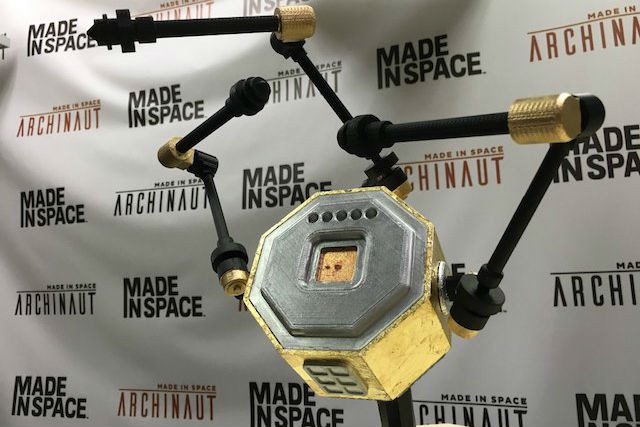The firm’s product development strategist, Harrison Pitman, told Delano on Thursday that it had yet to choose a specific location for the facility but it was “leaning toward Luxembourg City due to the available talent in the area and ease of travelling to neighbouring countries with which we will do business.”
In its press release, published 27 September, the firm said the facility would develop a new, “low-cost, off-the-shelf robot arm available for any space application.” The development of such robotic devices, it said, were “key to increased human presence in space”. It said that they could be used for example to construct space gateways, build lunar habitats and assist in in-space construction of future space stations.
Pitman told Delano that the arm would be both developed and manufactured in Luxembourg in what will be an “entirely new operation”, requiring a highly skilled workforce. Current projections suggest that the facility will generate up to 50 jobs over five years with profiles ranging from roboticists, engineers and business administrative professionals to marketing and sales representatives.
“The jobs will largely be new posts, though there may be a need to bring a small amount of transfers from other Made In Space locations,” Pitman said.
MIS is among the three latest newspace companies to have announced they will begin operations in Luxembourg. Hydrosat, a data analytics firm converting thermal infrared imagery from space into business products, will move its R&D activities to new headquarters in Luxembourg. Astrobotic Technology spinoff CubeRover, meanwhile, will develop next-generation planetary rovers in Luxembourg. Astrobotic, which was a Google Lunar X prize finalist, expects to fly its first lunar landers in 2020.
